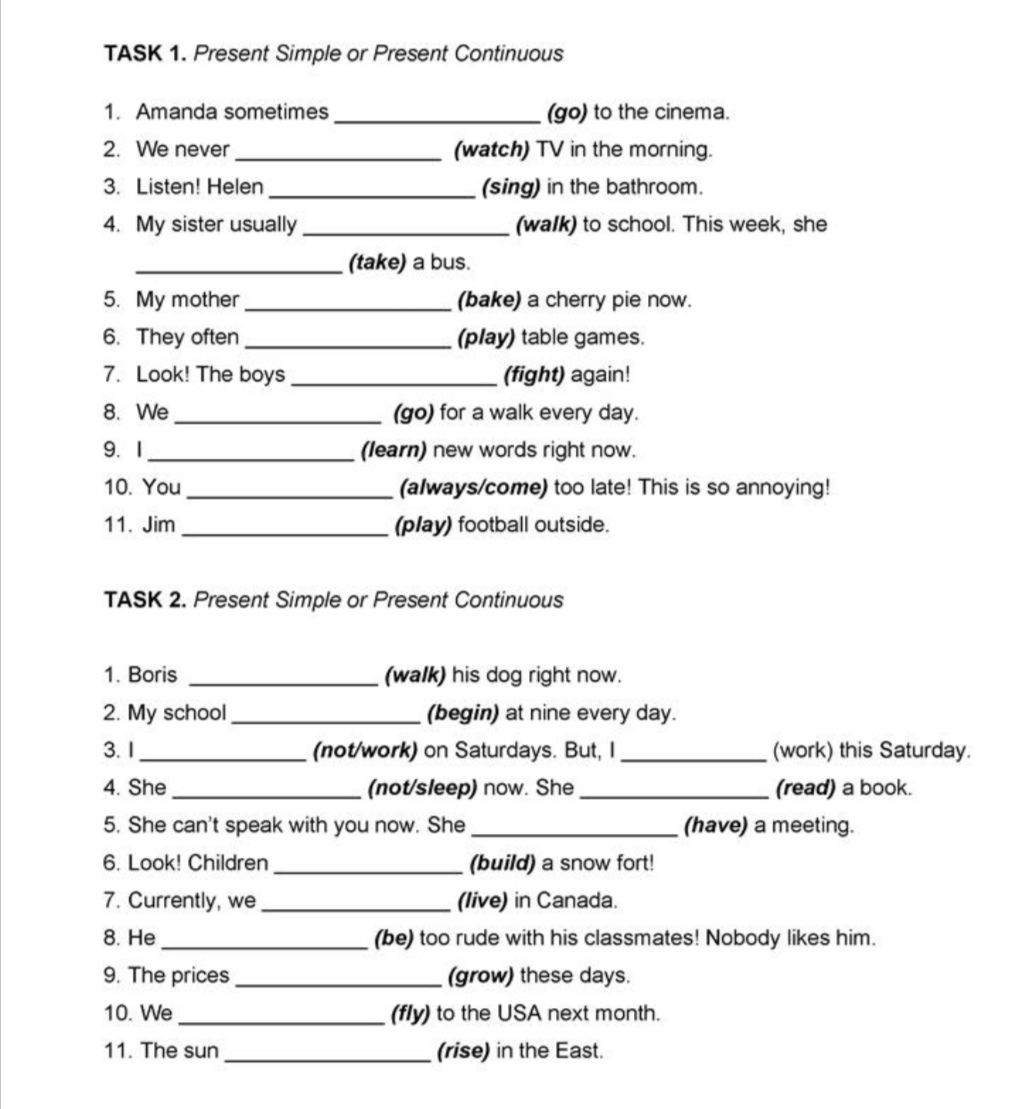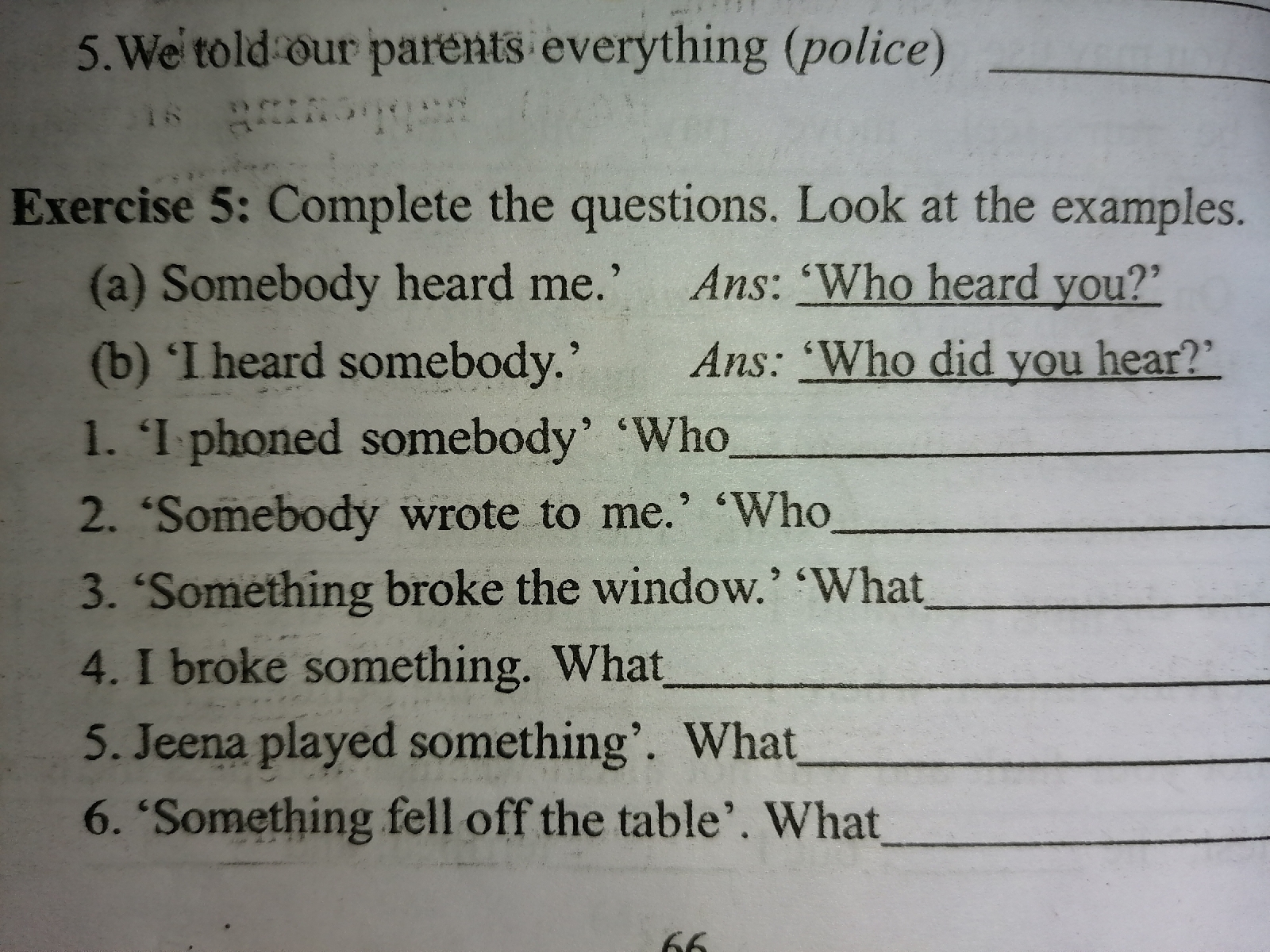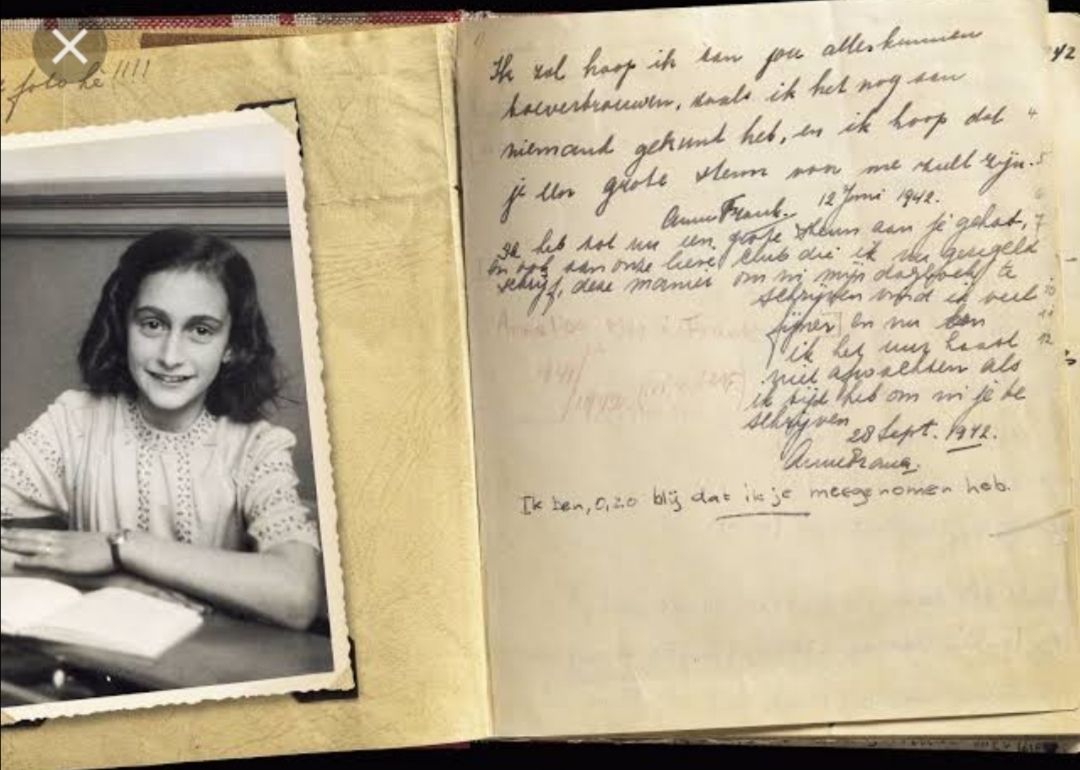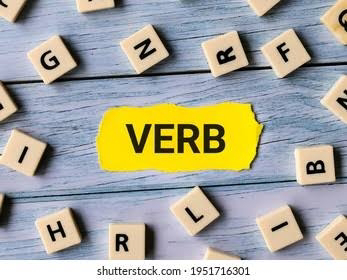Sunday, January 30, 2022
Hamlet : To Be Or Not To Be _ Soliloquy
Saturday, January 29, 2022
Christopher Marlowe’s play titled ‘The Tragic History of the Life and Death of Doctor Faustus’ is commonly shortened and simply referred to as ’Dr. Faustus’. Published in 1604, this play depicts the clashing views between the Medieval period and the emerging Renaissance. It shows how Dr. Faustus leads to his own
destruction by ditching humility and spiritual goodness for power, wealth and other materialistic gains. The underlying message of the play is that our choices in life decide our soul’s trajectory and whether it will reach salvation or damnation.
Faustus is a German scholar who is not interested in traditional forms of knowledge — medicine, logic, law and theology. He is looking for something more. He finally decides to learn the dark art of magic. Two angels— Evil Angel and Good Angel come to pay a visit to Faustus. While the Evil Angel supports him to learn
magic, the Good Angel encourages Faustus to leave magic and start reading scriptures. Faustus decides to side with
Evil Angel and starts lear ning magic.
Faust
Faustus’s friends, Valdes and Cornelius support his decision. They teach him magic and tell him that he could become popular and wealthy by using it. After learning from them, Faustus is able to summon a devil named Mephistopheles from hell. On being asked by Mephistopheles why he has been summoned, Faustus says he would like twenty - four years of service from him.
Mephistopheles tells Faustus about his boss Lucifer. He tells that Lucifer was earlier a God’s angel but due to pride, he was now a devil in hell. Faustus proposes to give his soul o Lucifer in exchange for twenty-four years of service from Mephistopheles. Lucifer agrees to the deal
and wants Faustus to sign on a document in his own blood. Faustus obeys and cuts his arm to sign the document with his blood. However, the blood starts to solidify. This makes Faustus doubt if he has taken the right decision. However, as soon as Mephistopheles melts the blood using fire, Faustus’s doubts fade away and he sells his soul. As soon as he does so, the words “ Homo Fuge” (meaning “O man, fly” in Latin) appear on his arm.
Mephistopheles bestows Faustus with a book of spells and answers his questions. However, Mephistopheles refused to answer when Faustus asked who created the Universe. This makes Faustus doubt his decision again. Mephistopheles calls Lucifer and another devilnamed Beelzebub. Lucifer asks Faustus to stop doubting and instead, enjoy the entertainment he has got in store for him. Lucifer puts up a brilliant show by bringing in the personification of the seven deadly sins namely pride, covetousness, wrath, envy, gluttony, sloth, and lechery. Faustus enjoys it thoroughly.
Faustus now begins to use magic for travelling. He and Mephistopheles land in a court in Rome where Pope Adrian is present. Mephistopheles makes Faustus
invisible so he could play pranks with the Pope. He creates a ruckus by stealing food from the Pope’s banquet and punching him in his ears. He also helps a
German named Bruno escape Pope’s punishment using his magical powers.
Faustus returns back to Germany and receives a note of thanks from the German emperor, Charles V, for helping Bruno. He also expresses his desire to see Faustus create Alexander the Great. Faustus honours his wish and conjures an image of Alexander. While Charles is supremely impressed, a guest named Benvolio mocks Faustus’s magical powers. As a punishment, Faustus gives him horns.
Meanwhile, a townsman named Robin agrees to serve Faustus’s servant, Wagner in exchange for learning some
magic tricks. Robin and his friend Rafe try to procure free booze using magic and also summon Mephistopheles, who turns them into animals for their foolish actions.
A group of scholars at the University are hinted about Faustus’s nearing death. They ask Faustus to summon Helen of Troy, the world’s most beautiful woman according to Greek Mythology. Faustus does so and also falls for her beauty.
As Faustus dreads his death, he confesses his wrongdoings to the fellow scholars, who promise to pray for him. The two angels appear again before Faustus. The Evil Angel showshim hell and the endless tortures. The Good Angel shows him heaven and how its door is now closed for him because of his greed.
Faustus begs for mercy and requests to not be taken to hell. However, it’s too late. As the clock strikes midnight, a group of devils takes Faustus’s body to hell. The next day, the scholars find Faustus’s torn body and decide to hold a funeral for him
Exercise 3. Untrue conditional
Friday, January 28, 2022
These were My Homes: Poem Analysis.
If clause / main clause
Form of Conditional Clauses. Exercise 1
Exercise 3: choose the most appropriate verb form( will, be going to,present continuous or present simple)
Exercise 1 ; Conditional Clauses
Thursday, January 27, 2022
105 phrasal verbs
Wednesday, January 26, 2022
Ode to Nightingale: Summary and Analysis of the poem
Friday, January 21, 2022
Monday, January 17, 2022
Simple past exercises Transaction: Grammar.
(നീ ആരെയാണ് ഫോൺ ചെയ്തത്?)2. Some body wrote to me.
(ആരാണ് നിങ്ങൾക്ക് എഴുതിയത്)(എന്താണ് ജനൽ തകർത്തത്)(നിങ്ങൾ എന്താണ് തകർത്തത്)(ജീന എന്താണ് കളിച്ചത്)(എന്താണ് മേശയിൽ നിന്ന് വീണത്)Sunday, January 16, 2022
Simple past negative sentences. Transaction:Grammar
Saturday, January 15, 2022
Simple past. Transaction Grammar
Friday, January 14, 2022
Exercises : Signature. Diary entries and Letters
V1 V2 V3 forms of Verbs
Thursday, January 13, 2022
Grammatical Frame
Wednesday, January 12, 2022
Shakespeare quotes..
Exercise 4. Grammar . Transaction.
Monday, January 10, 2022
Literary Movements
Auxiliary verbs
Transactions; Module 3 Grammar Exercises. Simple Present Tense
-
Aadu Jeevitham By Benyamin Aadu Jeevitham is a Malayalam bestseller written by Benyamin Daniel,in 2008 by Green Book Publicatio...
-
These Were My Homes is the collection of poems written by Vijay Nambisan, Indian poet,critic journalist and translator.In the ...
-
Ghoshayathra is a poem written by Kunchan Nambiar, one of the great poets of the Malayalam literature, often regarded as the tr...





































